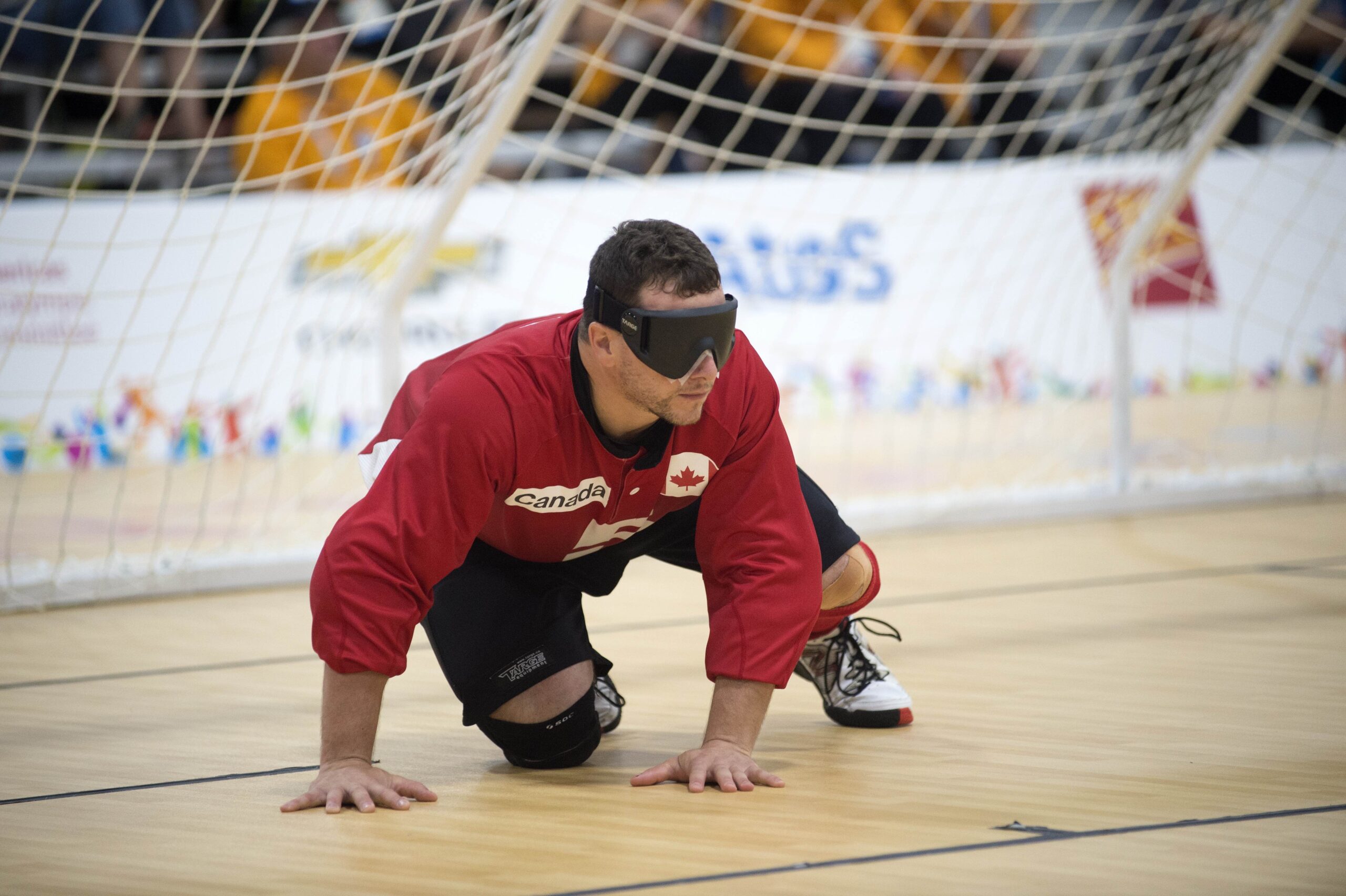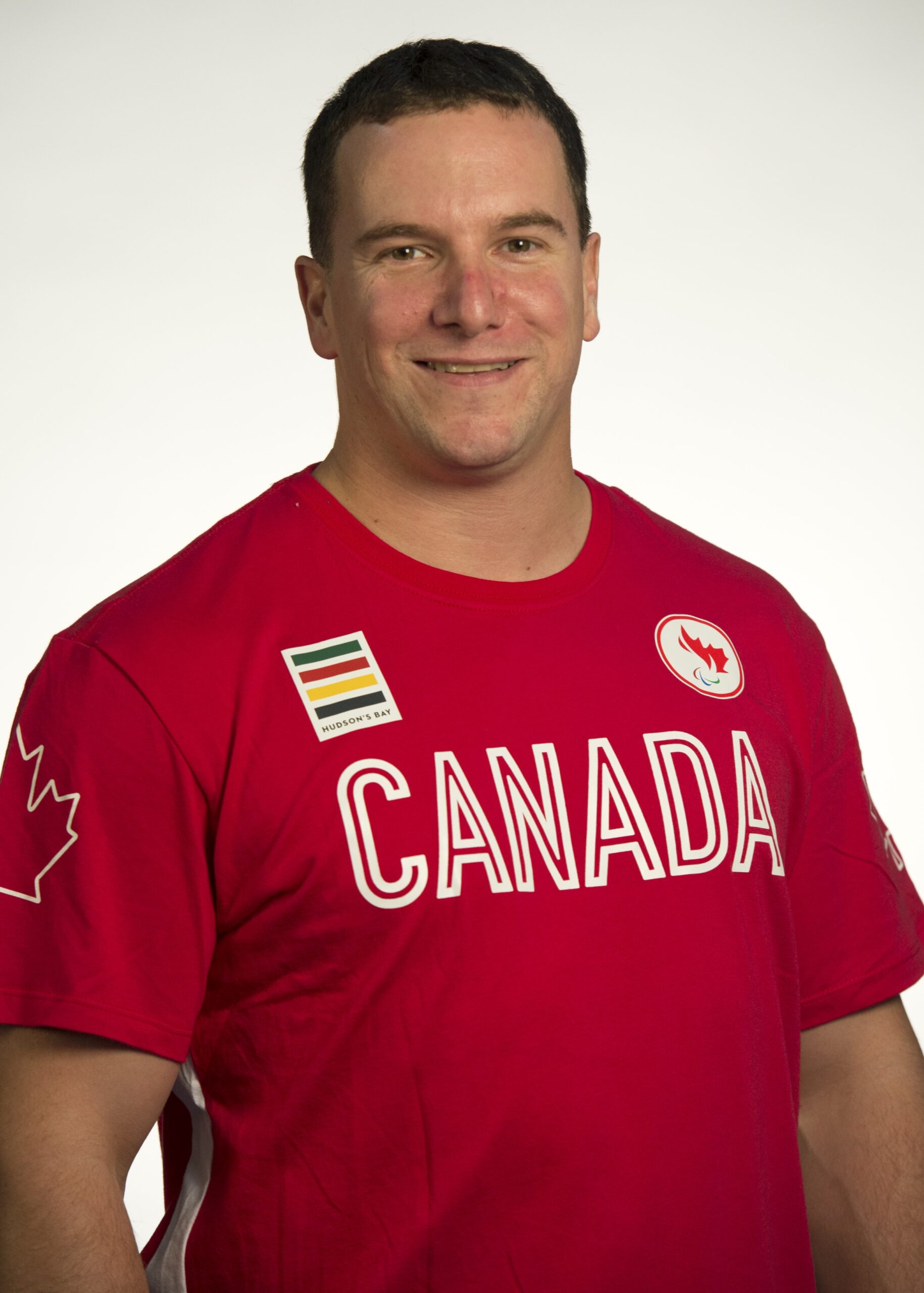

Birthdate
July 13, 1977
Hometown
Montreal, QC
Residence
Montreal, QC
Sport
Goalball
Experience
Beijing 2008
Lima 2019
Rio 2016
Toronto 2015
Bruno Haché has competed at four Paralympic Games. Most recently he was a member of Canada’s eighth place men’s squad in Rio. His best result was fourth at the 2004 Games in Athens.
He capped a great 2015 season helping Canada win the bronze medal at the Toronto 2015 Parapan American Games, earning them a berth at the Rio 2016 Paralympic Games. He was third in team scoring with 11 goals.
Haché got involved in goalball at the age of 23, having begun to lose his vision at age 18 due to a hereditary condition. He found a new passion in the sport and credits it for giving him valuable confidence and pride.
CAREER HIGHLIGHTS
2004, 2008, 2012, 2016 Paralympic Games… 2011, 2015 Parapan Am Games… Five-time world championship team member…
PERSONAL
Also plays hockey for the visually impaired… His biggest influence is Mario Caron, a veteran goalball player who played in seven Paralympic Games for Canada… He works as a maintenance worker at the Institut Nazareth & Louis Braille in Dorval, Que.
NOTABLE INTERNATIONAL RESULTS
2018 World Championships 12th
2016 Paralympic Games 8th
2015 Parapan American Games 3rd
2014 World Championships 12th
2012 Paralympic Games 10th
2011 Parapan American Games 4th
2008 Paralympic Games 5th
2004 Paralympic Games 4th
"*" indicates required fields